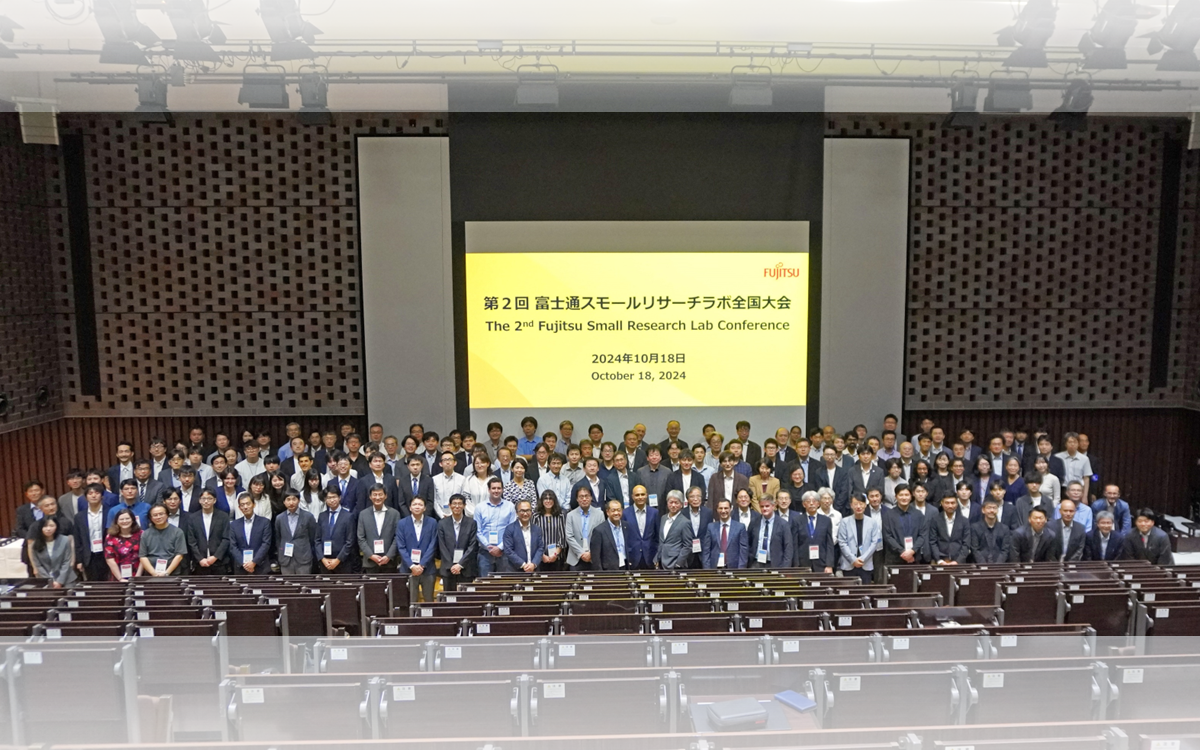
Human society operates on trust. But in the era of digital trust seems an increasingly difficult thing to find.
That’s why trust, and the idea of a trusted future, is a core topic of our Fujitsu Technology and Service Vision, which came out earlier this year.
This sets out our belief that companies need to inspire customers, partners, and employees by placing people at the heart of their business.
In short: you need to adopt a human-centric approach.
In this blog post, I’m going to lay out a couple of ways you can do just that.
Power to the people
It must have been said a hundred times, but it’s true: people are your best asset.
So how do you empower your best asset?
Trust is fundamental for empowering your workforce, and freeing them to make bold, innovative decisions – that will set you apart from your competition.
The overwhelming majority of businesses agree with this and are implementing policies to enable their people.
Our research found that 71% of businesses encourage employees to openly explore future possibilities, while 72% believe inclusiveness is important to allow everyone to reach their full potential.
After all, your people are the ones on the front line – they know the specifics around customers and pieces of technology in a way that leaders simply don’t.
However, their knowledge is often under-utilized, and serious talent can be left performing basic transactional tasks.
But, as you begin to shift your establishment into a new paradigm, it will become increasingly important that you start drawing on the untapped potential of your workers.
To do this, you need to reflect their personal concerns and priorities.
78% of employees believe a good work-life balance is important, and 74% want to see more diversity.
These values should be incorporated into the company’s vision. If they matter to your people, they matter to the business.
A culture of agility
Customer needs are fluid and technology is fast-moving. Businesses need to be able to respond quickly, and this is where agility is key.
Developing agility within an organization isn’t easy. People tend to prefer working in a fixed framework – breaking them out of this mindset is hard.
That’s why we’ve opened the Fujitsu Agile Lab in Tokyo, where we create joint teams with our customers for agile development and lean start-up.
One of the many things the Agile Lab has shown us involves the importance of ‘fail-fast’.
More and more firms are adopting the ‘fail-fast’ philosophy as they try to figure out which of their customers' fundamental needs they can solve.
It’s powerful because it allows you to rapidly test new business ideas. You try something, and if it doesn’t work, you move on – with no regret or negativity, taking only the lessons you learned.
However, it first requires building a culture where ‘failure’ isn’t a dirty word, but a way to grow.
And, as digital transformation is an ongoing process, you can start to take the lessons learned from these experiments and combine them with feedback from your customers.
In time, you can build shorter cycles of informed product development which will help you deliver on digital transformation outcomes.
The new business model: trusted, and human-centric
Ultimately, it all adds up to create a human-centric trusted business model.
This means having positive, ethical values shared across the whole community – the business and their employees, partners, customers and any and all collaborators.
The transactions between members of this ecosystem are ensured by trusted data, meaning it’s secure.
And all the work is done with the ultimate intention of delivering human-centric value, which means satisfying the needs of real people.
A big part of this involves managing the increasing power of AI and the rise of connected machines so that we are utilizing technology in a sustainable, ethical way, with people at the heart of our decision making.
Exactly where they should be.
Read the full Fujitsu Technology and Service Vision to find out more about building a human-centric business.












